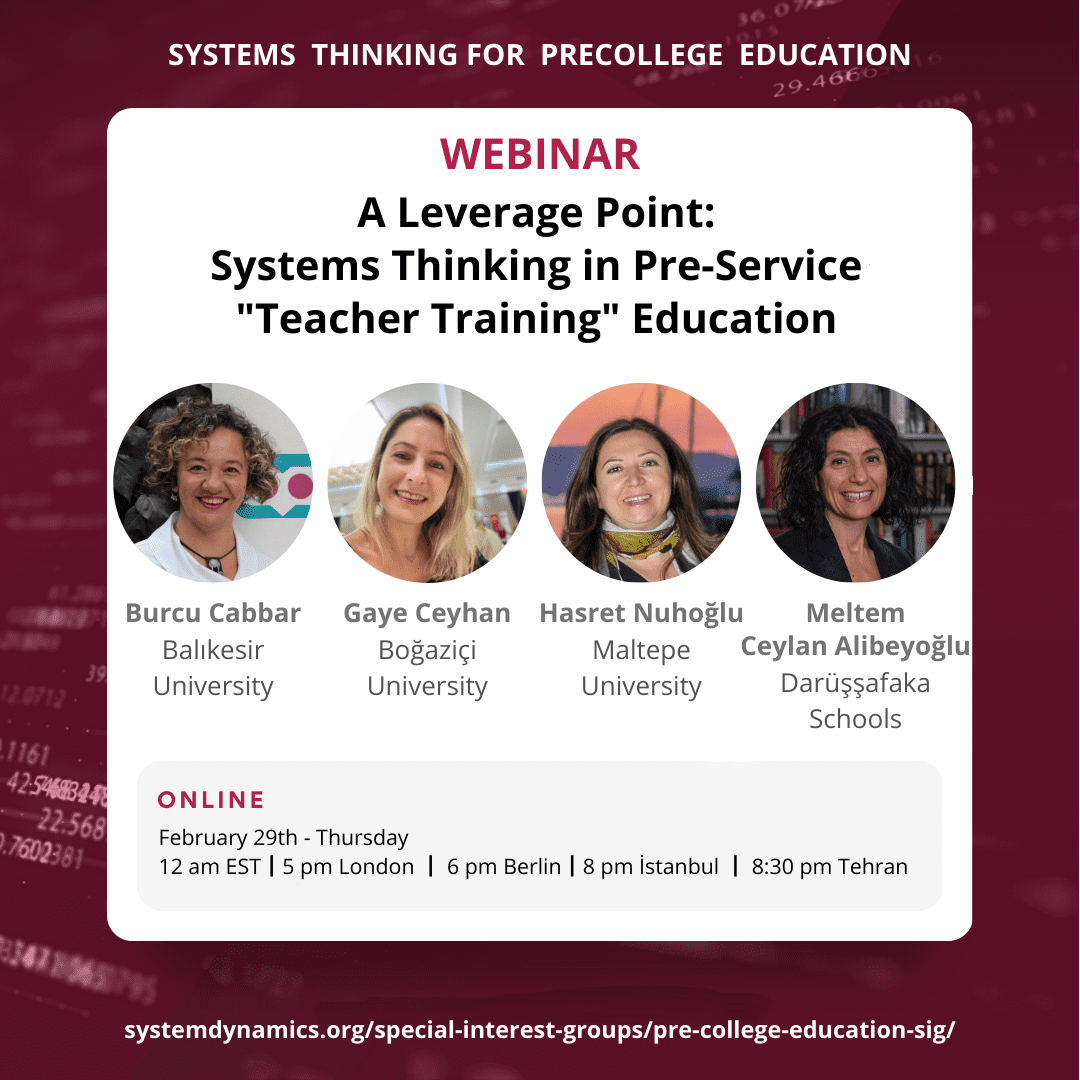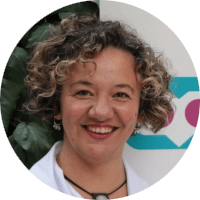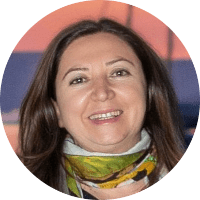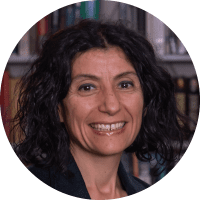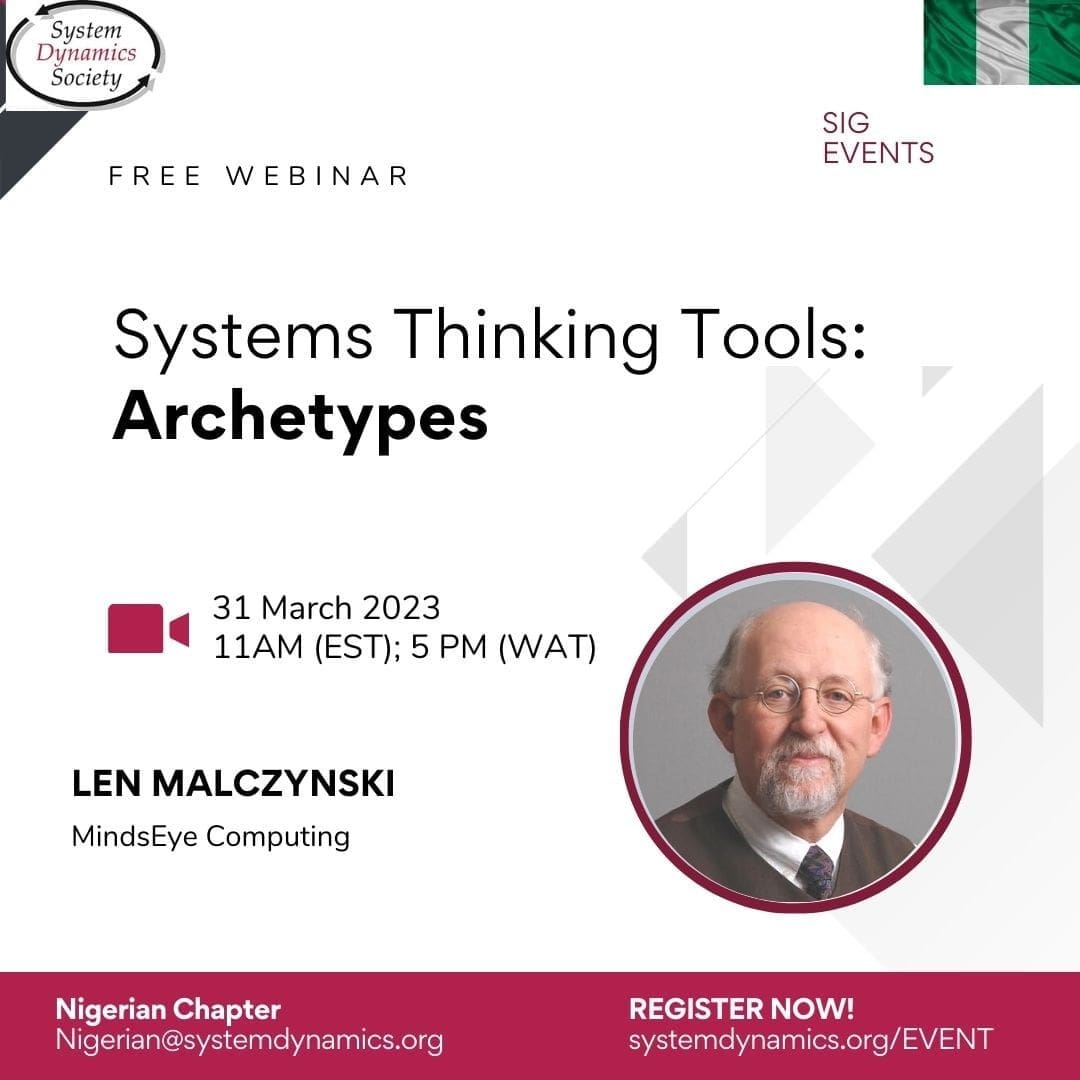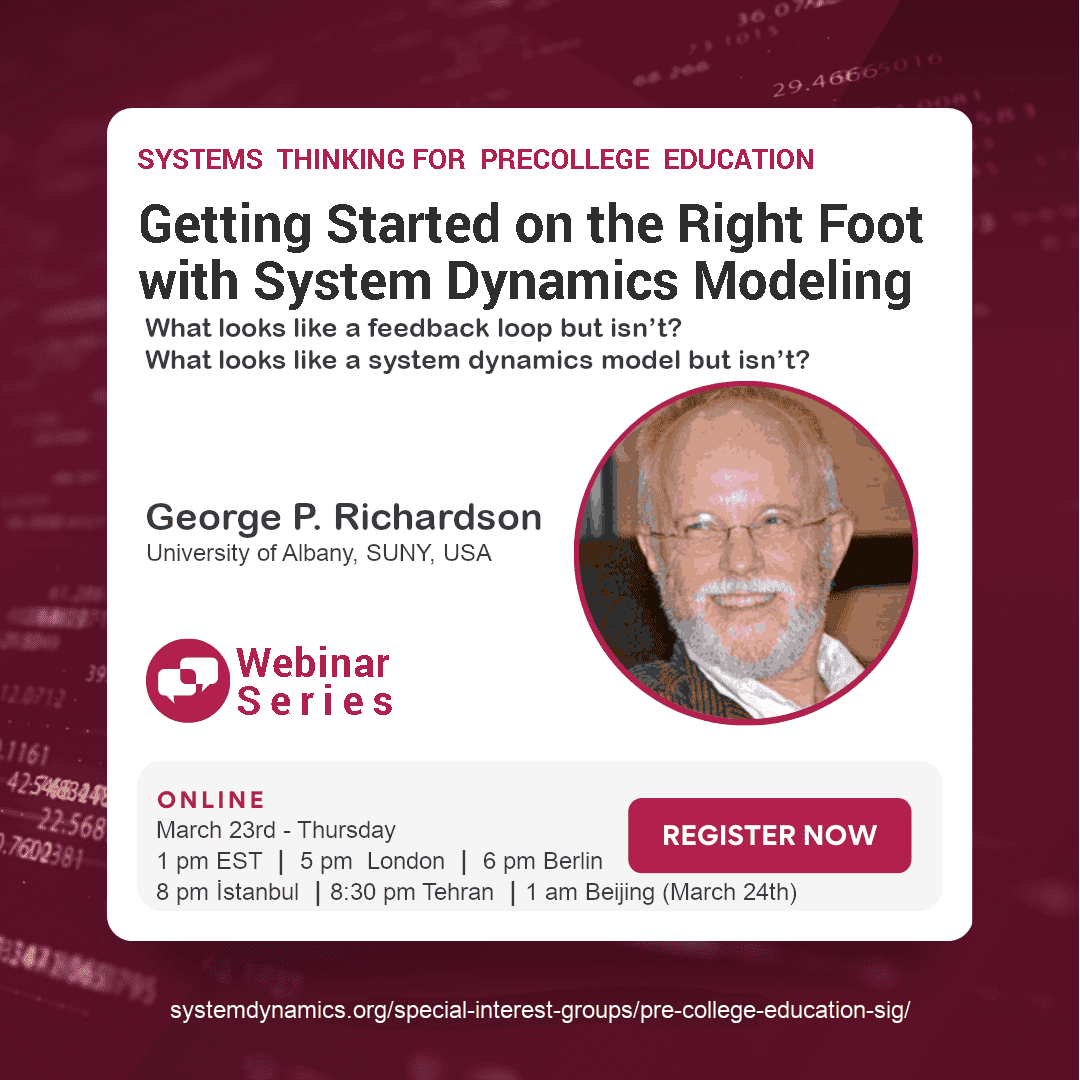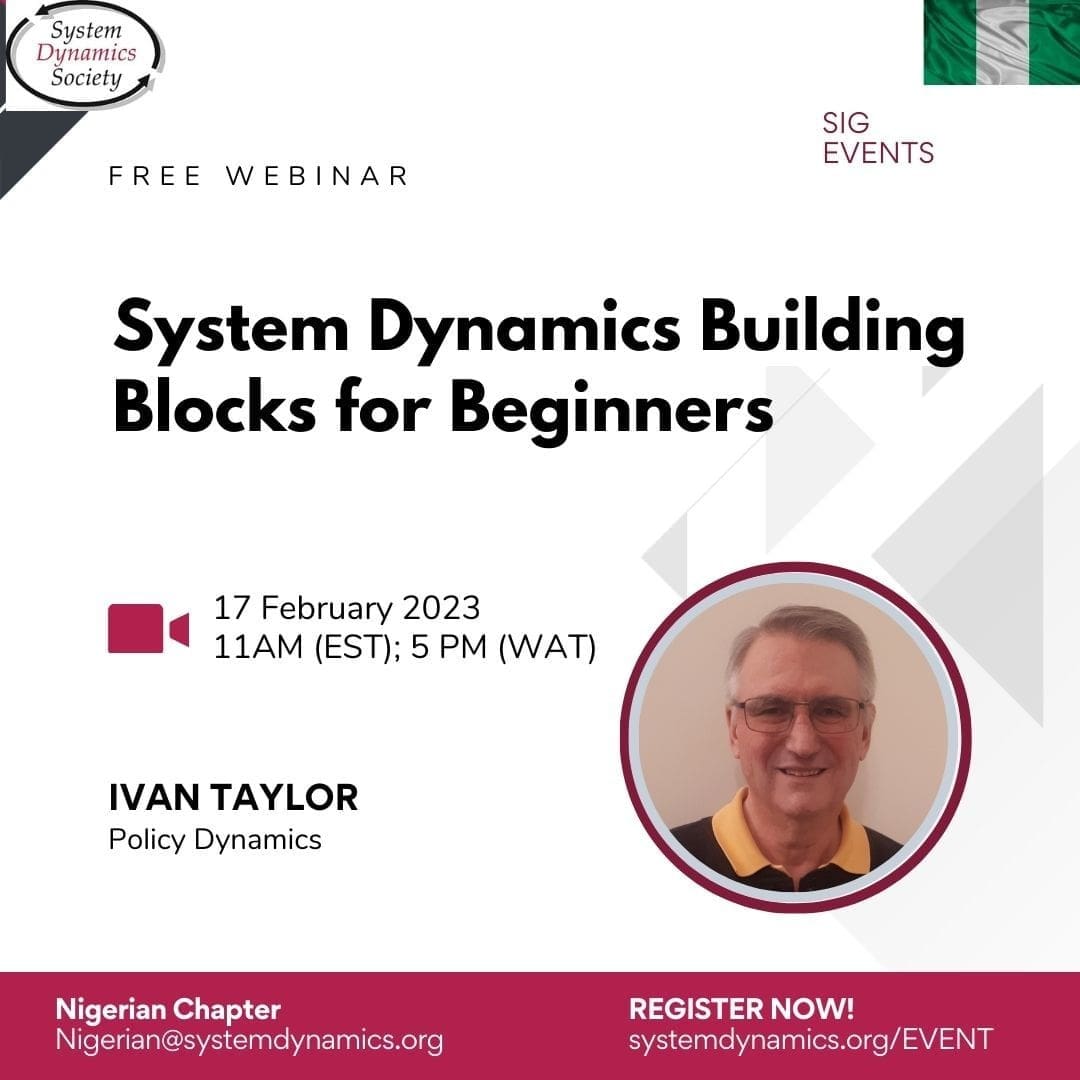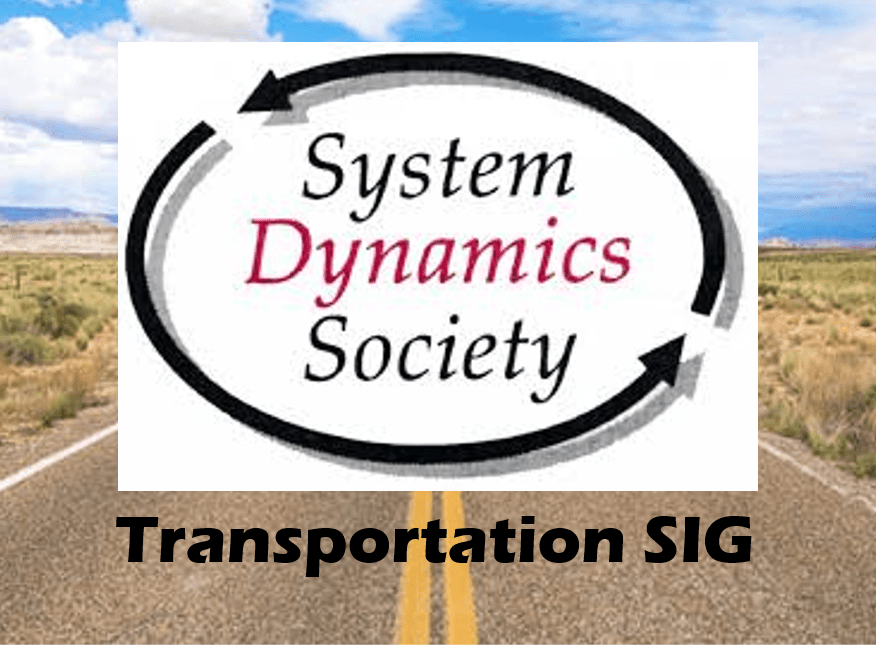A Leverage Point: Systems Thinking in Pre-Service “Teacher Training” Education
Dear Colleagues,
We are excited to invite you to our free webinar entitled ‘A Leverage Point: Systems Thinking in Pre-Service “Teacher Training” Education’ on Thursday, February 29, at 12:00 noon EST.
We consider courses that train pre-service precollege teachers to be one of the most critical places impacting in the formation of system citizens. The professors teaching these courses ultimately determine the criteria for topics and methods to be included within the curriculum and the criteria for student academic success.
The infusion of systems thinking in courses that train pre-service precollege teachers has the potential to be one of the most influential points on Donella Meadows’ list of places to intervene in a system, that is, the purpose of the system.
In this webinar, the experiences gained from the experiments carried out in precollege pre-service teacher training courses in Türkiye since 2019, the work done and plans for the future will be shared and a collaborative discussion environment will ensue where the presenters offer suggestions for those who want to undertake similar projects.
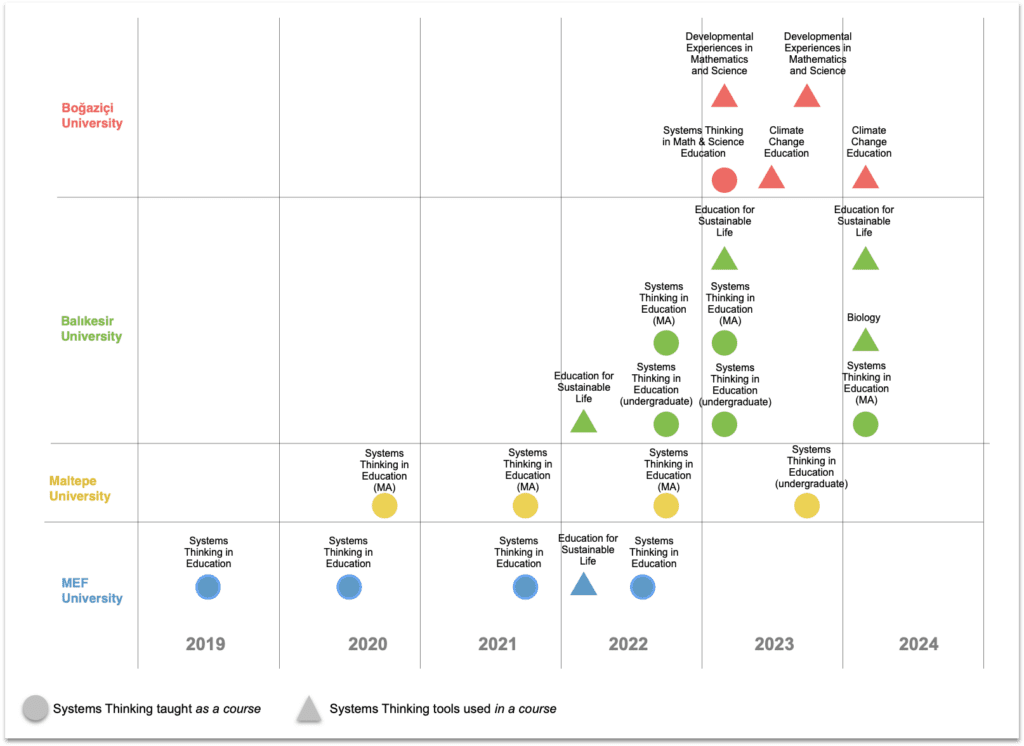 Timeline of courses where systems thinking is/was taught as a separate course (circle) or used as a tool in another course (triangle) by professors of education in Türkiye. Timeline of courses where systems thinking is/was taught as a separate course (circle) or used as a tool in another course (triangle) by professors of education in Türkiye. |
We strongly encourage you to come prepared with questions, contributions, suggestions, and ideas. Your insights will not only enrich the discussions but also provide a platform for collaborative learning and exploration.
We look forward to your active participation in this webinar. Let’s explore the world of systems dynamics together and uncover innovative ways to enhance education.
Best regards – the SIG leadership team.
| Diana Fisher Ülkem Yararbaş Burcu Güngör Cabbar Chang-Kwon (Benjamin) Chung Donald DeLand Ed Gallaher Emre Göktepe Gaye D. Ceyhan |
Matilde (Lin Ya) Hong Meltem C. Alibeyoğlu Prof. Dr. Min-Ren Yan Özgün Kurt Çetinkaya Sena Yıldız Değirmenci Steven Roderick Şebnem F. Gezer |
Systems Thinking Tools: Archetypes
Chapter Event
System Thinking Tools: Archetypes
The Nigerian Chapter of the System Dynamics Society is putting together some seminars to teach system dynamics to beginners across different walks of life. We started with System Dynamics Building Blocks for Beginners (click here to watch the recording).
The seminars will try to address specific, real-life issues and are designed to be easy for anyone to follow. The context and case studies (including models) will reference issues relevant to Nigeria and as such will capture some of the uniqueness of the Nigerian context. However, they can be applied to other countries.
If are you interested in learning how to build simple system dynamics models, participate in group model building, or understand the feedback structures of important systems, then these seminar events are for you.
Description
In this second seminar, Len Malczynski will explain the various archetypes like Fixes that Fail, Growth and Underinvestment and Shifting the Burden in systems thinking and how they can be used to understand a relevant national policy in Nigeria: the Naira Redesign Policy and its widespread effect. We will also look at a process and discover archetypal patterns that may lead to better implementation. (Click here to learn more about this policy).
Details of the seminar can be found on the flyer.
Make sure to RSVP and add the event to your calendar. Click the “Join the Meeting” button on this page to join the Zoom room when it is time.
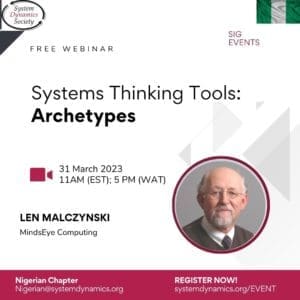
About the Nigerian Chapter
The objectives of the Nigerian Chapter of the System Dynamics Society
- Developing and encouraging educational programs that promote systems thinking at all levels of education in Nigeria.
- Promoting the development of the field of System Dynamics that will enhance the free interchange of learnings, ideas and meaningful research in all related fields.
- Identifying, extending and unifying knowledge contributes to understanding feedback systems in Nigeria and Africa.
- Becoming a body of knowledge in the development of models to help Nigerian public and private institutions.
- Becoming a significant training centre with the mandate to spread systems thinking and system dynamics education across all the states in Nigeria.
To contact the Nigerian chapter, please send an email to nigerian@systemdynamics.org or visit our page.
To watch previous seminar recordings, you can visit our YouTube page. Make sure to subscribe and click the notification button so you are notified when we share a new video.
Getting Started on the Right Foot with System Dynamics Modeling
Getting Started on the Right Foot with System Dynamics Modeling
What looks like a feedback loop but isn’t?
What looks like a system dynamics model but isn’t?
We all probably know that systems thinking word-and-arrow maps contain feedback loops and system dynamics models contain stocks and flows as well as feedback loops. But it’s not that simple.
- It may be shocking to realize that some word-and-arrow maps aren’t “systems thinking”! Some loops aren’t “feedback loops”. Some aren’t CLDs, even though they contain loops. They may be good thinking, but they may not be “system dynamics thinking”. How can that be?
- Some pictures we draw in STELLA or Vensim may look something like a system dynamics model but they may be misrepresentations. Some may be unintentional imposters. It’s a fact that something can be diagrammed in STELLA or Vensim but not be a “system dynamics model”! How is that possible?
This workshop is designed to be sure we are all aware of what makes a diagram reflect “systems thinking” and what makes a model a “system dynamics model”.
By the end of this workshop, we will all be better systems thinkers and “mappers”. We won’t all be able to be “modelers” (yet), but we will know what a picture has to look like to have a chance to be a good system dynamics model. We will all be stronger members of the system dynamics community.
Presenter: George P. Richardson
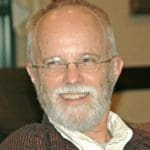 George P. Richardson is Professor Emeritus of public administration, public policy, and information science at the Rockefeller College of Public Affairs and Policy at the State University of New York at Albany. He earned his doctorate under Jay Forrester at MIT and is the author of Introduction to System Dynamics Modeling with DYNAMO (1981) and Feedback Thought in Social Science and Systems Theory (1991), both of which were honored with the System Dynamics Society’s Forrester Award.
George P. Richardson is Professor Emeritus of public administration, public policy, and information science at the Rockefeller College of Public Affairs and Policy at the State University of New York at Albany. He earned his doctorate under Jay Forrester at MIT and is the author of Introduction to System Dynamics Modeling with DYNAMO (1981) and Feedback Thought in Social Science and Systems Theory (1991), both of which were honored with the System Dynamics Society’s Forrester Award.
George has played and sung acoustic folk music for sixty years. He has ridden a motorcycle cross-country from NY State to Seattle, the Olympic Peninsula, and down to Portland. He’s also ridden round-trip the fabled Dalton “Highway” from Calgary to Deadhorse, AK, and Prudhoe Bay, 300 miles north of the Arctic Circle. Both trips took less than sixty years.
System Dynamics Building Blocks for Beginners
System Dynamics Building Blocks for Beginners
The Nigerian Chapter of the System Dynamics Society is putting together some seminars to teach system dynamics to beginners across different walks of life. We are starting this with System Dynamics Building Blocks for Beginners.
The seminars will be largely practical-oriented (hands-on) and are designed to be easy for anyone to follow. The context and case studies (including models) will reference issues relevant to Nigeria and as such will capture some of the uniqueness of the Nigerian context. However, they can be applied to other countries.
If are you interested in learning how to build simple system dynamics models, participate in group model building, or understand the feedback structures of important systems, then these seminar events are for you.
Seminar Event
In the first seminar, Ivan Taylor, will walk us through concepts like stocks, flows, converters, feedback loops, connectors, etc.
Details of the seminar can be found on the flyer.
Make sure to RSVP and add the event to your calendar. Click the “Join the Meeting” button on this page to join the Zoom room when it is time.

About the Nigerian Chapter
The objectives of the Nigerian Chapter of the System Dynamics Society
- Developing and encouraging educational programs that promote systems thinking at all levels of education in Nigeria.
- Promoting the development of the field of System Dynamics that will enhance the free interchange of learnings, ideas and meaningful research in all related fields.
- Identifying, extending and unifying knowledge that contributes to the understanding of feedback systems in Nigeria and Africa.
- Becoming a body of knowledge in the development of models to help the Nigerian public and private institutions.
- Becoming a major training centre with the mandate to spread systems thinking and system dynamics education across all the states in Nigeria.
To contact the Nigerian chapter, please send an email to nigerian@systemdynamics.org or visit our page.
To watch previous seminar recording, you can visit our YouTube page. Make sure to subscribe and click the notification button so you are notified when we share a new video.N
T-SIG lecture series : Qualitative modelling as a participatory approach to transport system analysis
The second lecture is Applications of SD in supporting Transport Strategies for Net-Zero Systems by Design, presented by Mariana Mirabile (OECD). Mariana is an economist with a passion for improving systems based at the OECD Environment Directorate. Mariana has over 10 years of experience in policy analysis on climate change, and expertise in economics, communication, and systems thinking. She has co-developed with OECD colleagues the process Systems Innovation for Net Zero, designed to help countries identify transformative policies able to shape systems that work for people and the planet. Mariana is a partner of Systems Innovation, a community of systems innovators, and before joining the OECD she worked at the World Food Programme supporting the implementation of school feeding programs in developing countries.
Moving Beyond the Threshold of System Dynamics: Thoughts for New Practitioners
I’ve heard students and colleagues say that learning system dynamics transformed their thinking–it gave them ways to understand complex problems in their field from a fresh perspective. “I can’t think any other way,” they’ll say. Practices like system dynamics are considered a threshold concept. Threshold concepts have been described by Meyers and Land (2008) as:
- Transformative – it changes the way a student views a discipline.
- Troublesome – especially when the concepts are counter-intuitive or conceptually difficult.
- Irreversible – difficult to unlearn.
- Integrative – once learned, bring together previously unrelated concepts.
- Reconstituted – shifts learner subjectivity in oscillations/wrestling with conceptual domains, often depicted by messy journeys back and forth and across conceptual terrains (Cousin, 2006).
- Liminal – leaves the learner in a suspended state of partial understanding (“stuck places”), in which understanding is based on mimicry or a lack of authenticity–it’s an uncomfortable shift that invokes questions of identity and or paradoxically a sense of loss. Similar to adolescence, one does not feel that they have arrived–not yet adults and no longer children.
Those of us who have started this journey know there is no end to learning and a sense of imposter syndrome that comes with trying. It’s not something you simply do over the summer and get your stamp of authenticity. Becoming a system dynamicist is a commitment to lifelong learning. Practicing. Feeling inadequate. The skill decay rate is high. And yet, the insights are transformational.
To those of us who are starting this journey of learning, we must wrestle with this liminality. I suspect that few of us feel that we have “made it” to the end of system dynamics learning. When compared to some well-established fields, such as physics or biology, ours is relatively new–a mere child in the many disciplines of methodological inquiry. There are many questions to be pursued and innovations to be encountered. It is intimidating to put oneself out there to grow, so with that, I offer some ideas that I’ve done or seen others do in the field:
- Seek mentorship. Find people whose work you admire, read their papers/projects and talk to them frequently. Ask questions. Take notes.
- Attend SD conferences. The best way to learn a new language is to be immersed in the field and everyday language: the annual conference. There are few places where you don’t have to explain causal loop diagrams or feedback (not in reference to a suggestion) to have a deeper conversation on practice.
- Find peers and ask “dumb” questions together. At my first SD conference, peers sat me down to conduct a gentle intervention prior to my first presentation. They said, “Saras, it’s System. Dynamics. Not SystemS Dynamics. One system. Many dynamics.” Novice crisis averted (somewhat). Thanks, Jill and Mary Jo!
- Read the classics and model them. The System Dynamics Review is a great place to start going deeper. Additionally, reading seminal texts and rebuilding models can help hone your skills. It’s especially illuminating to read “conversations” between folks in the field to understand what debates have persisted over time.
Are you at the threshold? Reach out and lean into this space of learning. For more seasoned practitioners, what worked for you? Use the comments below to share your wisdom!

